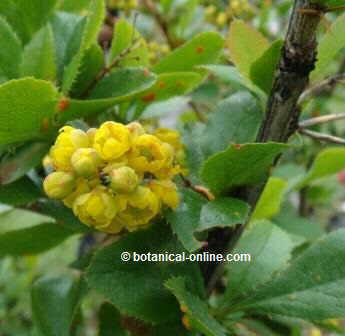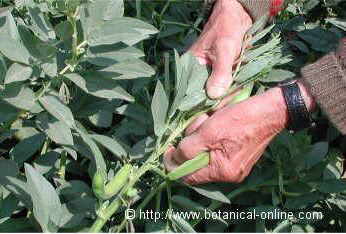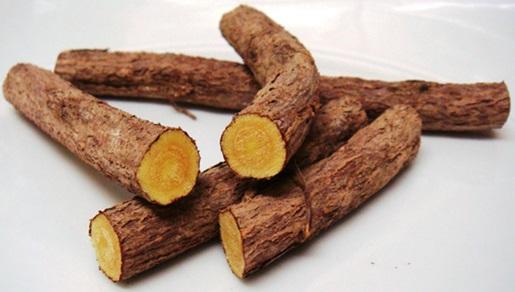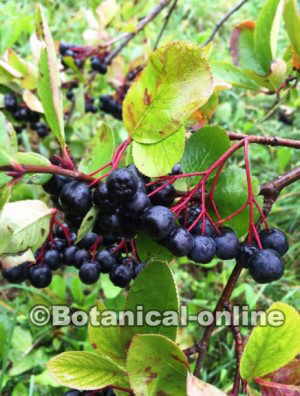Contents
CONTRAINDICATIONS AND CONSERVATION OF ALMONDS
Contraindications of almonds
The consumption of nuts is contraindicated in children under 3 years of age. Therefore, almonds are not suitable for children under 3 years of age, because they can develop an allergy, as well as they are learning to chew correctly and can choke on them.
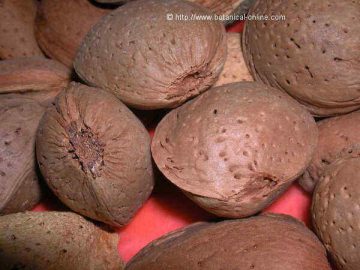
People who are allergic to nuts, cannot take almonds, because it can generate allergies. The symptoms of an allergy are immediate (0-1.5h), and manifest as rashes, swelling, hives or eczema, itching, respiratory problems, anaphylaxis, death, etc.
People with intolerance to nuts should not take almonds either, because although the symptoms are milder and later (hours-days), they are also annoying and avoidable. It usually manifests as diarrhea, vomiting, depression and headache or migraines, etc.
Conservation of almonds
Almonds should be kept hermetically closed, in a dry, cool and dark place, which protects the food from going rancid, due to their high fat content, they will remain in good consumption conditions for months. If we refrigerate them, we increase their shelf life, for more months, but if we freeze them for years.
Antioxidants are sometimes added to prevent premature rancidity because of their high fat content.
What almonds should be chosen?
The almonds that are preserved with their shell, have a longer shelf life and will be preserved for a longer time than those that are sold already peeled. If they are in raw form, choose them pale green, without spots, fungi that produce aflatoxins (Aflatoxins are mycotoxins with toxic, carcinogenic and deadly effects), or rancid odor.
When we find them with the shell, you should be able to shake it and not hear noise inside. If noise is heard, it is because the almond has separated from the shell, an indicator of poor condition and therefore, you should not consume them.
Give preference to the consumption of packaged products, vacuum packed, in jars… with guaranteed sanitary hygiene, to those nuts that are sold in bulk without proper packaging, or without proper preservation (to give them light) or without sufficient output and renewal of the product (long open periods).
If you find the almonds without the shell, you should have preference in choosing those that are more intact, compared to those that contain more pieces, since the defects increase the greater the fractionation of the almond.
Tips for preparing almonds
We should be careful if you want to shred them, since if they are chopped excessively, they quickly go from a separate and grainy texture to a uniform, sticky and buttery one.
To peel them easily, we can blanch them. To remove the shell easily, we can introduce them into the oven at low power, so that the shell dries and the almond is released.
* Related information: Almond oil toxicity / Bitter almonds side effects
![]() More information on almonds
More information on almonds

